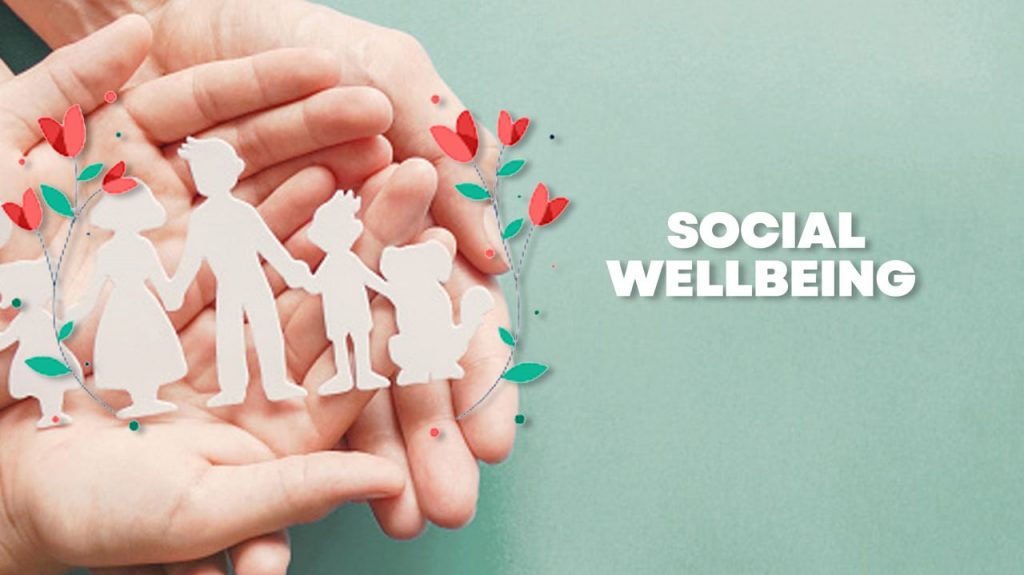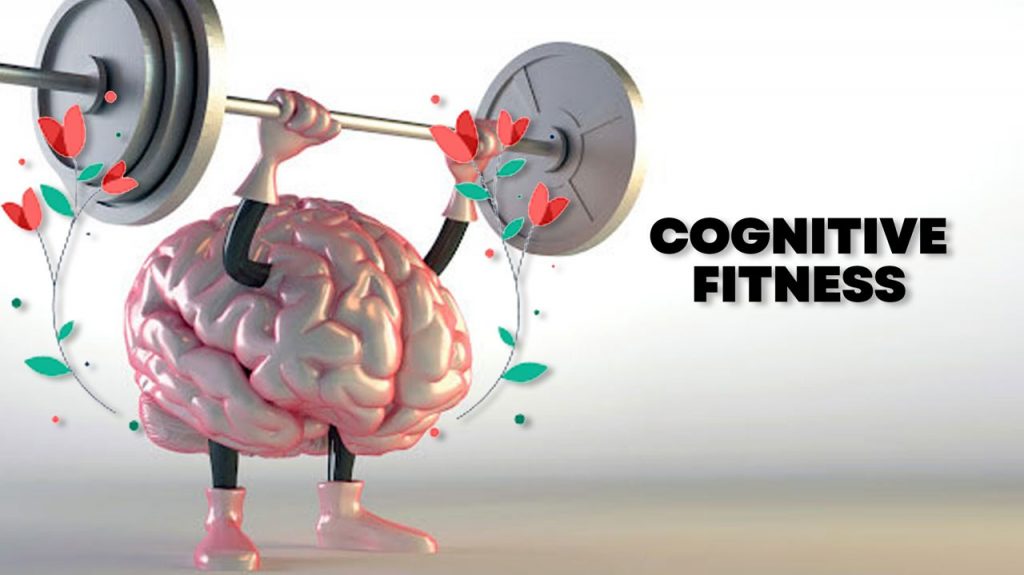Scientists believe that humans are yet to maximize as little as 50% of their full capacity. So you can imagine what happens to that much-untapped potential lying inside of us. One way to get closer to beating this score would be to connect our body and mind consciously.
That is to say, we must actively take care of our mental health. It is a pain to see that most of us are ignorant of our mental health and only focused on being physically fit. In reality, we can’t be fit when our mental health is unstable. We will only appear fine because, unlike the physical body, a mental health breakdown takes time to build up, and when it does happen, it can be fatal.
Mental health can be categorized into three major areas. They include emotional well-being, social well-being, and cognitive fitness.
- Emotional Wellbeing

Emotions are the feelings that we have from time to time. They exist due to the things we face and the people we meet daily. They are behavioral responses to external stimuli from our environment.
These stimuli can cause us to feel emotions like fear, joy, contentment, relief, amusement, and happiness. They can either be short-lived, for example, after an annoying experience at work or long-lasting, as in the case of loss or grief. Our emotions are valid and must be expressed daily. First, however, we must know how to manage them.
Here are some key aspects that must be looked into in your daily living:
- Having a sense of wholeness: People who feel they are complete and whole have less to worry about than those who do not. When we can delight in our personality, we are complete.
- Mastery: This is the ability to manage our everyday life without feeling overwhelmed. We do many things daily, and our ability to manage them effectively determines how we respond to life.
- Treating others with love and kindness: When you are available to offer a helping hand or get something done for those around you, ensure you do. Loving others for who they are helps us to love ourselves regardless of our numerous flaws.
- Social wellbeing

This talks about our relationship with the people in our ecosystem. Human beings are social beings, and healthy relationships are necessary for good mental health— studies have shown that people who build genuine connections with others and have close friends live healthier than those who do not. Moreover, the people you interact with can be of help to you at times when you least expect it, hence the need to keep a good social circle.
Some benefits of having a social circle include:
- You have friends who can tell you the truth while trailing the wrong path.
- You learn new ways of doing things.
- You improve mental alertness by mingling with smart, intelligent, innovative minds.
- Cognitive fitness

This entails our ability to learn, reason, and adapt to situations. Factors enhancing our cognitive fitness include our lifestyle, choices, exercises, and daily practices.
We can boost our cognitive fitness through the following:
- Learning intellectual games such as Chess, Sudoku, and Crossword puzzles.
- Meditation -This keeps your mind and body at rest.
- Adequate diet -Our diet influences how our brain functions. Food substances such as nuts, eggs, broccoli, and milk should be included in our daily diet to build good memory.
Here are practical ways to build good mental health;
- Regular Exercise: A daily walk of just 30 minutes can help improve your health and mood.
- Taking care of your diet: Drinking at least two liters of water a day, eating a balanced diet, and limiting the consumption of caffeine and alcoholic beverages will help reduce anxiety and stress, increase your energy levels and improve your mental health.
- Getting enough sleep: Sleep is an important factor that greatly influences our mental health. Not sleeping well can cause depression or irritability in the long term. People no longer regard the advised 8 hours of sleep daily, but that statement still holds ground today. It may be difficult to do it at a stretch, but if properly distributed in your day, you can hit the 8 hours mark.
Conclusion
A lot of us mistake mental health for mental illness. But these two terms mean different things and should not be interchanged. When we are mentally healthy, we can handle life’s challenges, recognize our abilities, function well at work, and give back to society. We all need stable mental health to live through the demands that each day presents. That’s why the importance of mental health cannot be overemphasized.